Call us now : 07971670862
Glass Wool ceiling tile
150.0 INR
Product Details:
X
Glass Wool ceiling tile Price And Quantity
- 200 Piece
- 150.0 INR
Glass Wool ceiling tile Trade Information
- ] [
- [ ]
- [ ]
Product Description
Glass wool ceiling tiles are made by melting silica sand, soda lime, and other natural minerals to create glass fibers. These fibers are then bound together with resin to form lightweight, rigid panels. The tiles come in various sizes, thicknesses, and finishes, offering flexibility in design and functionality.
Key Benefits of Glass Wool Ceiling Tiles
-
Acoustic Insulation
Glass wool is an excellent sound absorber, making it ideal for spaces that require soundproofing or noise reduction. Whether in offices, conference rooms, or entertainment venues, these tiles help in reducing noise levels, creating a more comfortable and productive environment. -
Thermal Insulation
The dense, fibrous structure of glass wool provides excellent thermal insulation, helping to maintain a consistent temperature indoors. In both summer and winter, glass wool ceiling tiles help reduce the load on HVAC systems, leading to energy savings and improved comfort. -
Fire Resistance
Glass wool is inherently fire-resistant due to its composition. The material can withstand high temperatures without releasing harmful gases or emitting smoke, making it a safe option for building interiors. -
Lightweight and Easy to Install
These tiles are lightweight and easy to handle, which makes them simpler to install compared to heavier ceiling materials. Glass wool tiles can be placed in suspended grid systems, allowing for quick installation with minimal disruption. -
Durability and Moisture Resistance
Glass wool ceiling tiles are highly durable and resistant to moisture. They do not absorb water, preventing issues like mold growth or degradation that can affect other materials. This quality makes them particularly suitable for environments with high humidity, such as bathrooms or kitchens. -
Aesthetic Flexibility
Available in a variety of designs and finishes, including smooth, textured, and perforated options, glass wool ceiling tiles can complement any interior style. Their versatility allows them to fit seamlessly in different architectural settings, from modern offices to traditional homes.
Tell us about your requirement

Price:
Quantity
Select Unit
- 50
- 100
- 200
- 250
- 500
- 1000+
Additional detail
Mobile number
Email

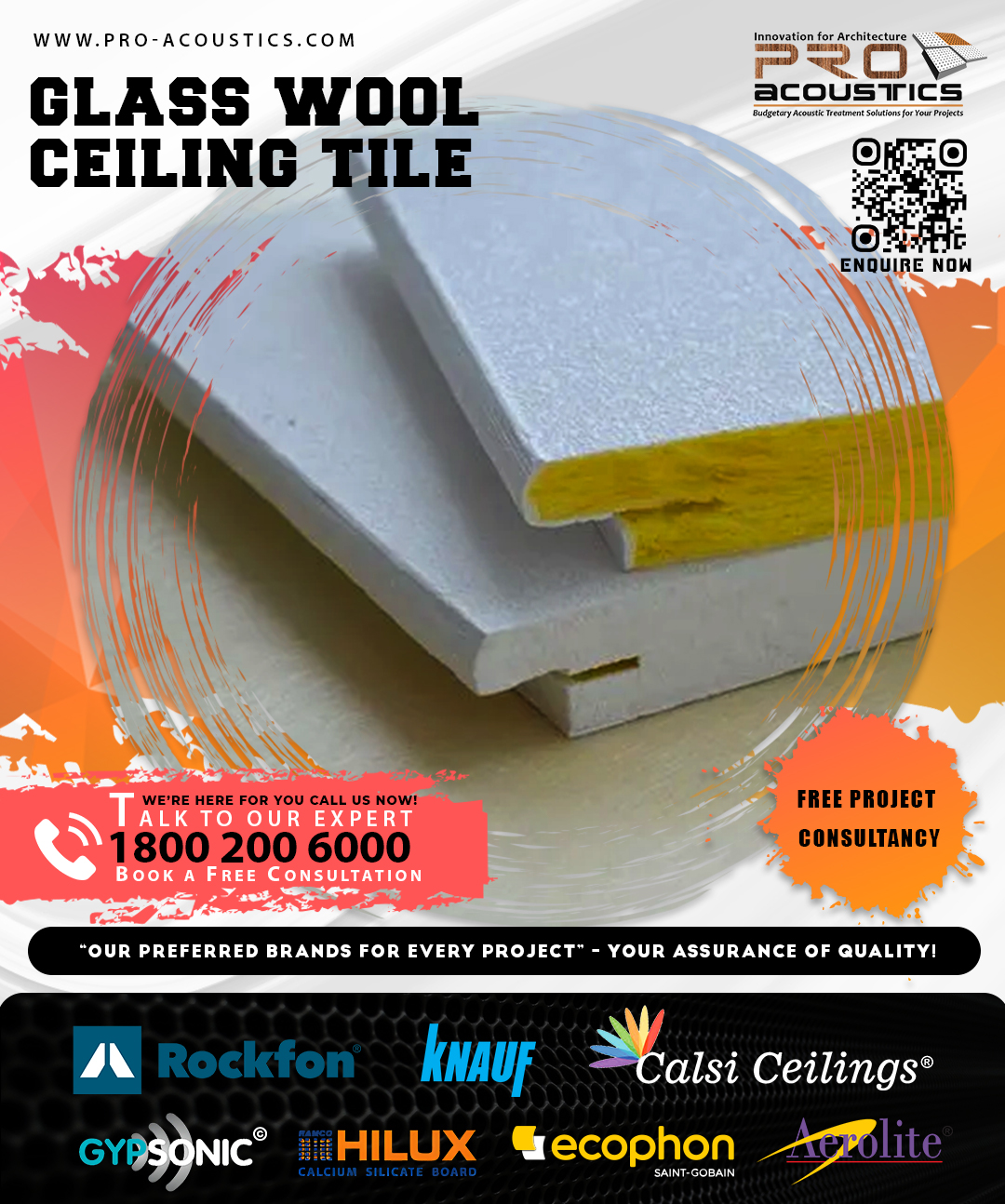

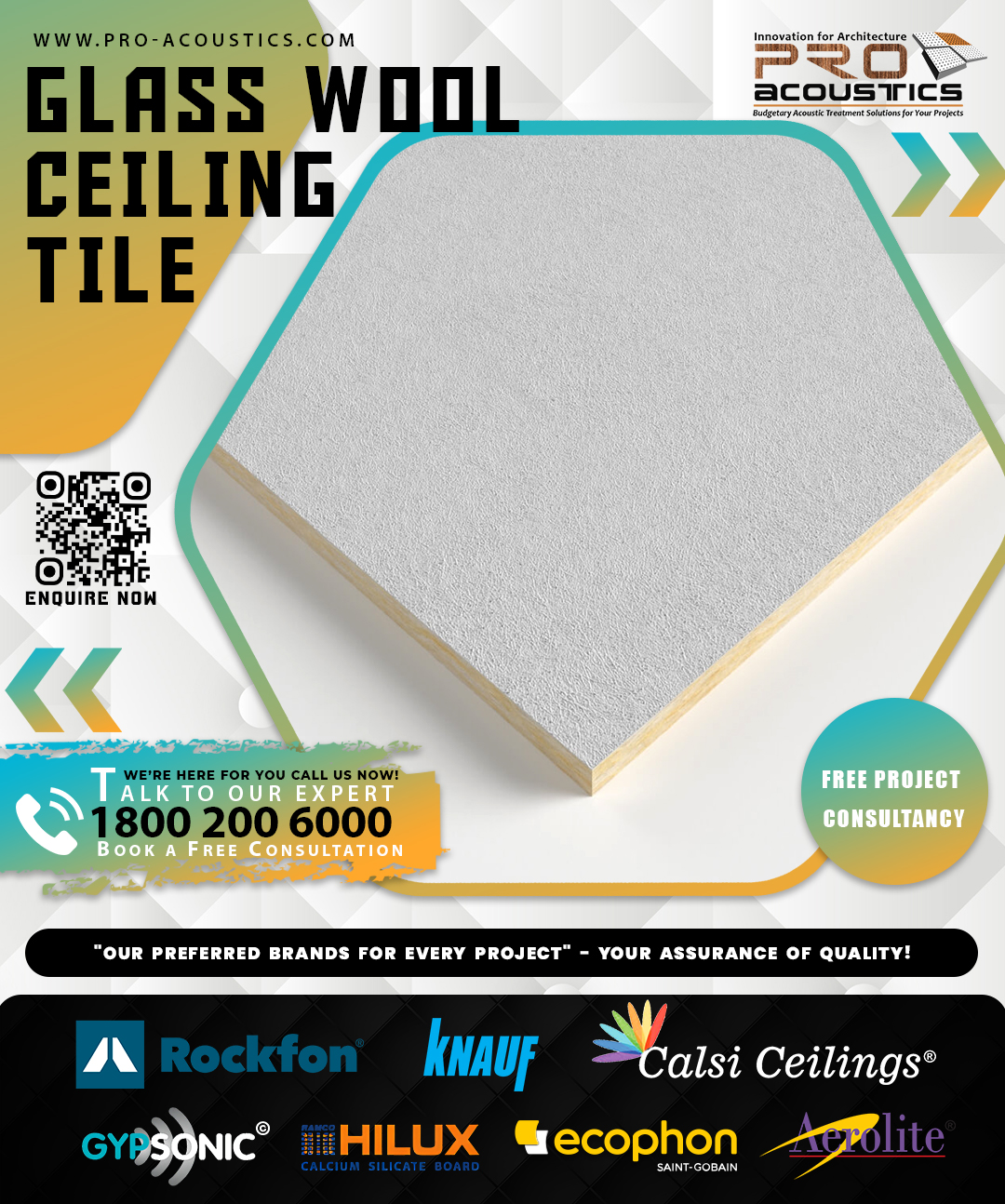



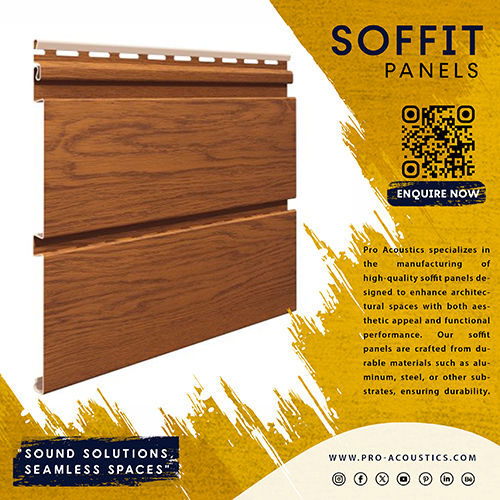

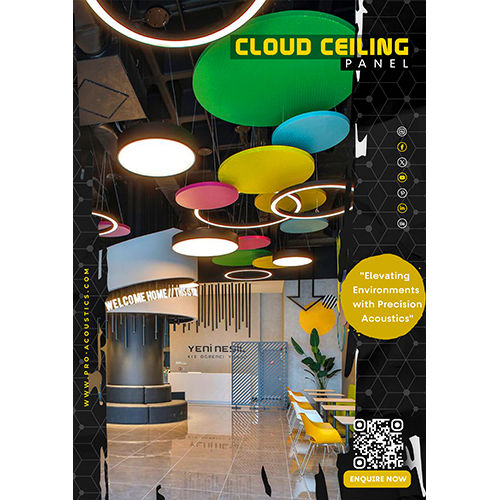
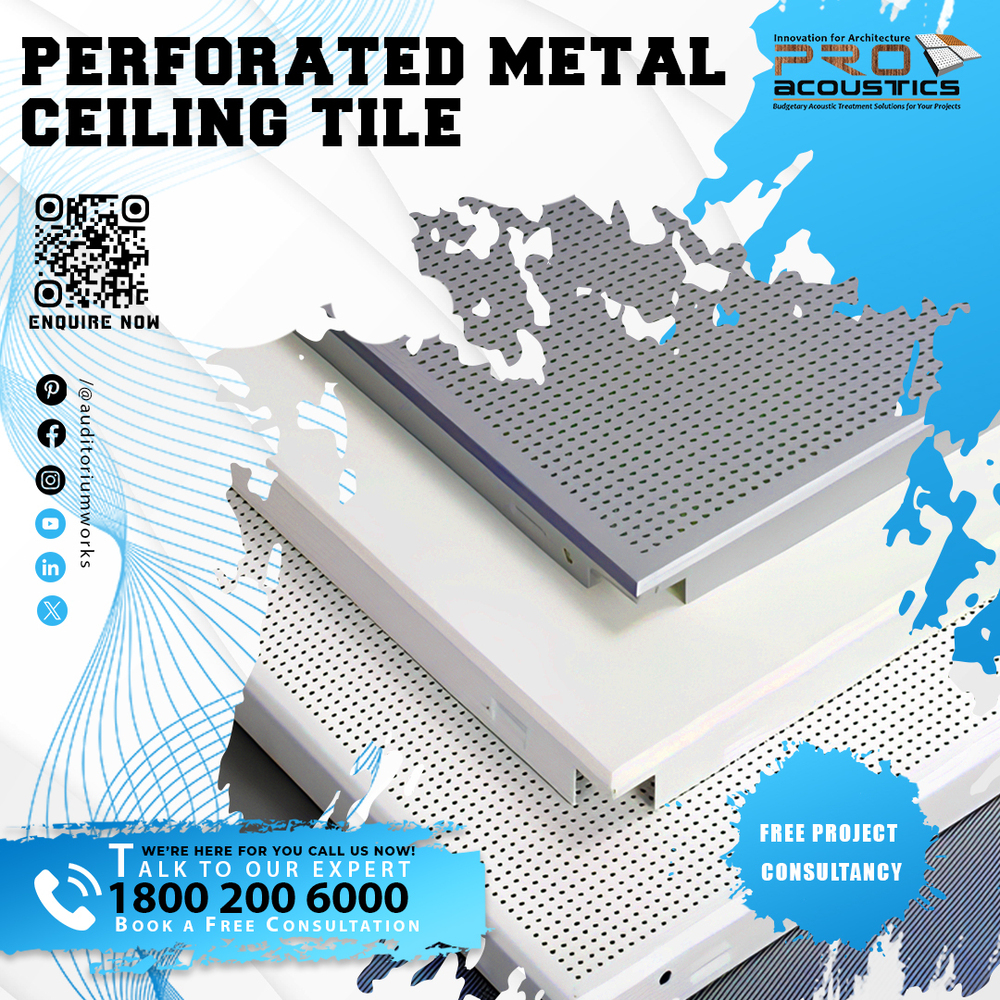


 Send Inquiry
Send Inquiry Send SMS
Send SMS Call Me Free
Call Me Free
